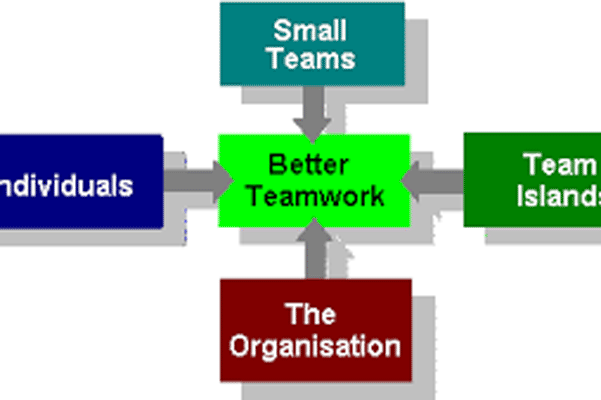
My uncle and cousin visited home from their base in Iqaluit, Canada for a few days last week. The days flew by at rocket speed and sooner than we knew it, they had to return to Canada. This left us very depressed as parting is never easy for several reasons. As I was writing this article, I also thought of a headline that read, Create your own jobs, which I thought was rather odd given the 2,2 million jobs that were dangled in our eyes.
brand savvy with Stha Magida

I could not help but think that if jobs were available and the economy worked, my uncle would never have to go away, but I digress. As I tracked my loved ones on social media trying to see where they were at some point, I found that my uncle was safe in England after a horrible experience on British Airways. They had to endure an 11-hour flight on a “fixed” seat, meaning that they could not sleep comfortably. Efforts to get the staff on board to help proved impossible and at some point they were asked to report the issue to the ground staff. My uncle would not hear of this and demanded that his report be recorded by the staff on board as he felt it was not necessary to report a service failure issue twice. It was my opinion that my uncle should write to the CEO of the company at the very least so as to ensure that the lousy service came to an end immediately. To me, it sounded like it had racial undertones and that was totally unacceptable. As I was thinking about the sad incident, I thought about how we marketers can sometimes destroy the brands that took years to build by refusing to take ownership of our service delivery failures.
By suggesting that my uncle report to the ground staff meant that the staff on board did not check the aircraft to fully satisfy themselves that it was useable before the flight. The seat problem should have been noticed while on the ground and if it could not be resolved, the seat was not supposed to be allocated. How often have customers and clients come to our businesses and expressed concerns about our service and we stood there and said the accounts department did not do their part or the production department was late. One wonders if the accounts department or the production department belongs to a totally different organisation from the person who would be communicating the reasons for service failure. It is my opinion that a customer or client who is subjected to such rhetoric should know without a doubt that they are dealing with the wrong organisation because at such an organisation, it is unlikely that there would be a sense of responsibility. I have also heard phrases like, “It is the people at the branches who are not quite jacked up”, or perhaps the most famous one being, “You know how the people at head office are”. In a company like this, one must immediately know that communication is bad and that there is no employee involvement in the well-being of the company. Once communication lines are opened and there is respect and appreciation of each other as important parts of the team, or when there is the pride of association factor, then the organisation would fare a lot better and would gain the trust of its customers or clients.
What I also find quite intriguing is that when a company has performed well in service delivery, the rhetoric immediately is communicated in the first person. For example, a client may come looking for their membership card for a particular service. If it is there, the person serving them is quick to say, “I have got it”. In the event that the membership card is not there, something like, “it has not been delivered to me”, would be the answer. The question then becomes who must have been responsible for the delivery?
In training, the winning teams that are supposed to take our businesses to great heights must be sure to reiterate that we are in this together. That way, all the members of the team will be encouraged to ensure that they perform well as service failures would reflect on the team as a whole just as to the individual who is also part of the team. The “we” and “they” attitude must fall and the “we” attitude that stands for the team in times of excellent performance and in times of not so great performance must prevail. Till next week, keep reading and remain brand savvy.
Stha Magida is a qualified marketer by profession with experience spanning over 15 years. She writes in her personal capacity and is contactable on [email protected]











